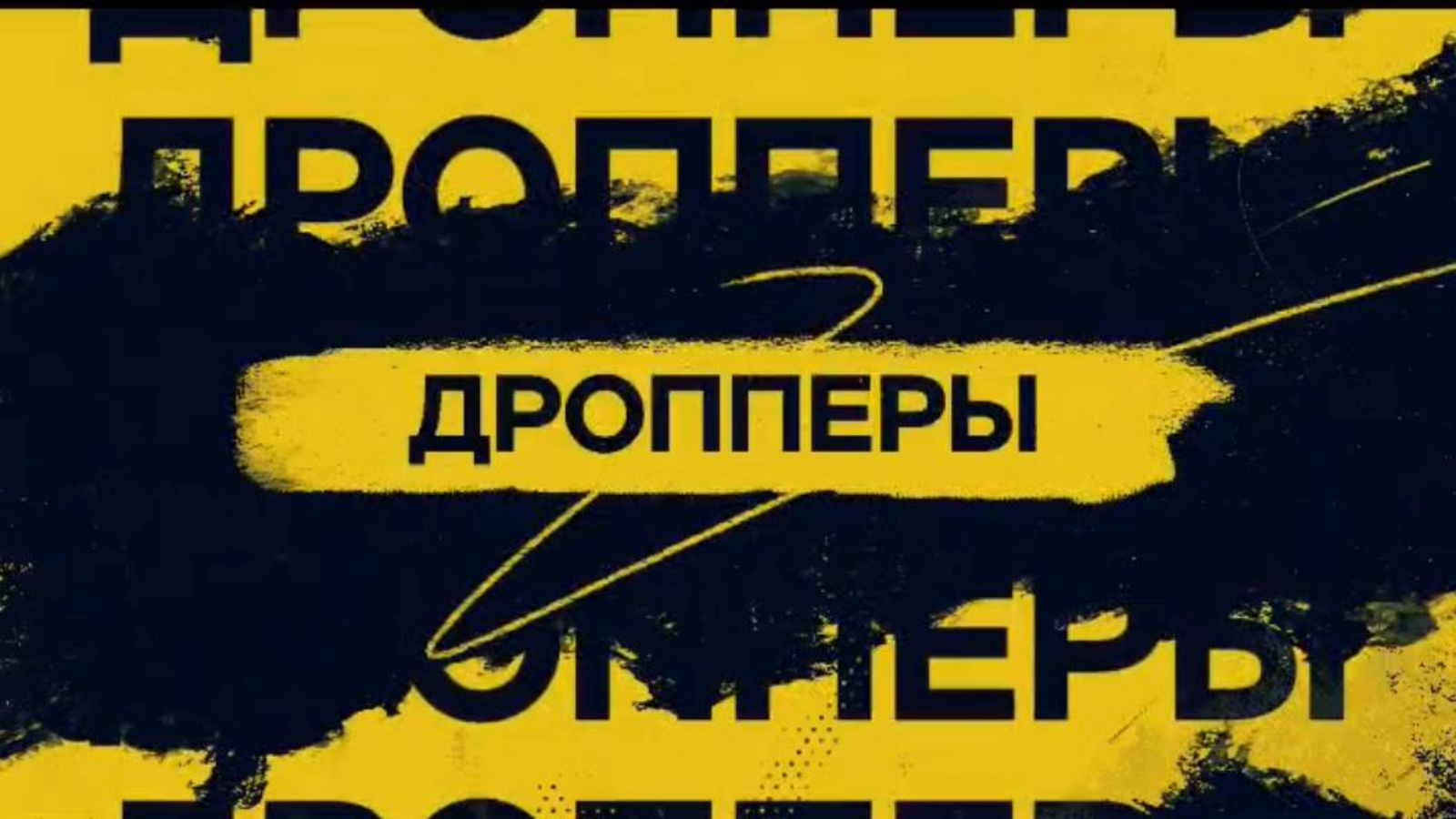Who is a dropper and how not to become one?

Droppers, or drops, are people who participate in cashing out money stolen by fraudsters. Criminals use them to cover their tracks: they ask to transfer a certain amount from one card to another, withdraw cash and hand it over to a courier, or deposit money into someone else's account for a fee.
Sometimes people become droppers consciously, in search of quick and easy money. However, they forget that at this moment they become accomplices in a crime. But there are also frequent cases when a person provides services to fraudsters without even suspecting it. And unfortunately, ignorance does not exempt him from liability.
Droppers face criminal punishment, and they are also included in a special Central Bank database, and from July 25, 2024, credit institutions will restrict their access to accounts and cards.
All banks have access to the regulator's database, so remote transactions on dropper accounts will become unavailable at all credit institutions at once.
Who becomes a dropper?
At risk are people who need money and for one reason or another cannot earn it. And first of all, schoolchildren, teenagers and students. After all, a card can be opened from the age of 14, which is what criminals take advantage of, involving young people in illegal activities.
Most often, criminals look for accomplices through social networks, instant messengers and message boards:
- They offer to issue a bank card and, for a fee, transfer it or its details to other people.
- They want to get access to a person's online banking.
- They transfer money to a card or mobile phone allegedly by mistake, after which they ask to return the transferred amount to another account.
- They offer to become an administrator of a competition or lottery on social networks, whose task will be to transfer the «winnings».
How not to become a dropper yourself and help your loved ones not to get involved in a dark story:
- Remember that there is no quick and easy way to make money. If the vacancy does not explain what exactly you need to do, no work experience is required, and there are phrases like «Minimum effort!», «Daily payments», «Income is not limited» - these are dangerous signs.
- Return any «random» transfers from strangers only through the bank.
- Protect your personal and financial data: do not leave your card details on dubious sites and in questionnaires, do not follow suspicious links and do not tell anyone codes from SMS.
- If you have teenage children or younger brothers and sisters, warn them about the existence of droppers. Explain that when they are offered earnings related to the transfer of personal and financial data - you need to take a break and contact your parents, teachers or the police.
- Fraudsters can be very persistent and start blackmailing to achieve their goal. At this point, it is important not to give in to persuasion and intimidation, not to withdraw into yourself, but to talk to an adult.
- If a teenager wants to earn money, discuss possible options with him and help him find a part-time job.
Source of information: Fincult.info - an information and educational resource created by the Central Bank of the Russian Federation.